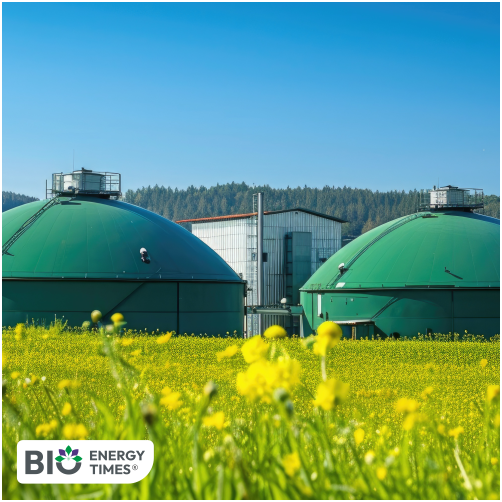San Juan is set to take a significant step toward cleaner energy with the construction of its first biogas plant, aimed at supplying electricity to over 1,200 homes by using crops and organic waste. The project will be carried out by Biogeneradora Centro SA, a Córdoba-based company that will invest $7.96 million to build the facility, reports Noticias Ambientales
Once operational, the plant will have a capacity of 2.8 megawatts and is expected to produce around 19,300 megawatt-hours of electricity each year. Of this, 17,520 megawatt-hours will be delivered to the national power grid.
The facility will be located in the Rawson department, near the border with Pocitos, on a 150-hectare plot of land. Most of this area will be used to grow corn, which will serve as the main energy source. The plant will also process organic waste such as manure and food scraps, using a system that allows the materials to break down and produce energy. Along with electricity, the plant will generate 44,000 tons of biofertilizers annually. Its location, just two kilometers from a local sewage treatment plant, will help streamline waste management.
The project was chosen as part of a nationwide call by Cammesa to bring renewable energy to areas with limited access to stable electricity. It received one of the highest-rated contracts in the program. The energy produced will be sold at a rate of $188.3 per megawatt-hour. The facility is also expected to create about 30 direct jobs, with workers operating in shifts supported by a remote control center.
During a recent public hearing, Biogeneradora Centro SA presented the project’s technical and environmental details to San Juan’s State Secretariat of Environment and Sustainable Development. A company representative said the project would help build up the local economy, provide stable jobs, and support the shift to cleaner energy.
“This plant will be the first of its kind in San Juan, and we believe it will mark the beginning of a major change in how the province produces energy,” the representative said.
Though the official timeline for construction is 24 months, the company estimates the plant could be finished in 18 months, meaning it may be up and running by the end of 2026 or early 2027.














